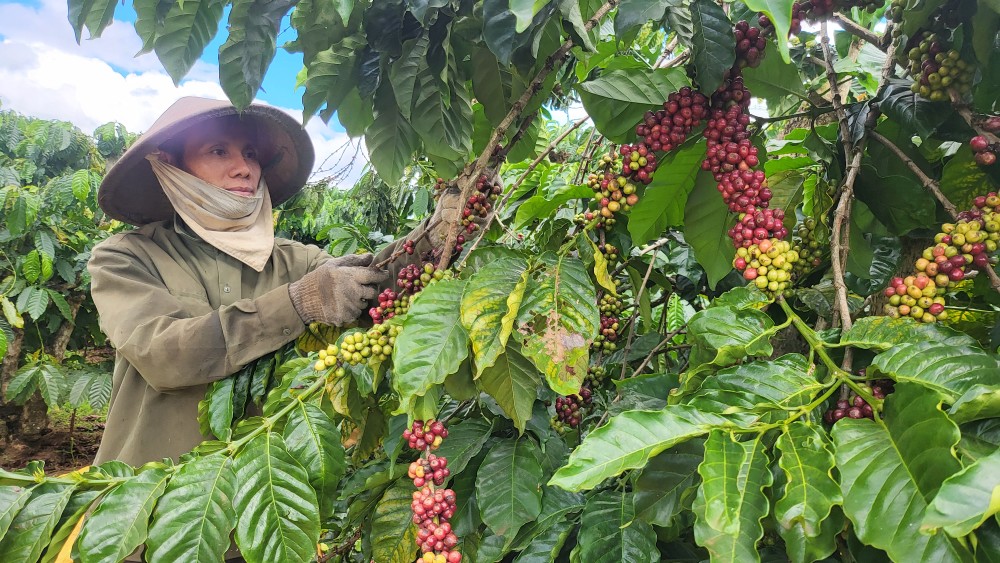
The Vietnam Trade Office in Belgium and the European Union (EU) reported on Friday, May 23, that the European Commission (EC) has officially released its risk classifications for countries and territories under the EU Deforestation Regulation (EUDR). Vietnam has been favorably categorized in the "low-risk" group.
This classification, the Trade Office assesses, will allow Vietnamese exporters to benefit from a more streamlined due diligence process. Specifically, while EU authorities will still collect information regarding product origin and deforestation risks, Vietnam will not be subjected to the comprehensive risk assessment and mitigation steps mandated for countries with higher-risk classifications.
Furthermore, competent authorities within EU member states will now inspect only 1 percent of consignments imported from Vietnam. This contrasts sharply with the 3 percent inspection rate for "standard-risk" countries and 9 percent for those deemed "high-risk."
This positive outcome is particularly crucial for Vietnam as the EUDR – one of the EU's most comprehensive and rigorous new environmental regulations – is scheduled to come into full effect by the end of 2025. The legislation requires exporters to ensure that their supply chains for specified commodities, including coffee, cocoa, rubber, timber, soy, palm oil, and cattle, are not linked to deforestation or forest degradation that occurred after December 31, 2020.
Within the ASEAN region, several other nations, including the Philippines, Thailand, Laos, Singapore, and Brunei, have also secured a "low-risk" designation alongside Vietnam.
Conversely, Indonesia and Malaysia – both significant regional producers and currently in trade agreement negotiations with the EU – have been classified as "standard risk." This designation means they will face more demanding compliance requirements under the EUDR for their affected exports to the bloc.
























